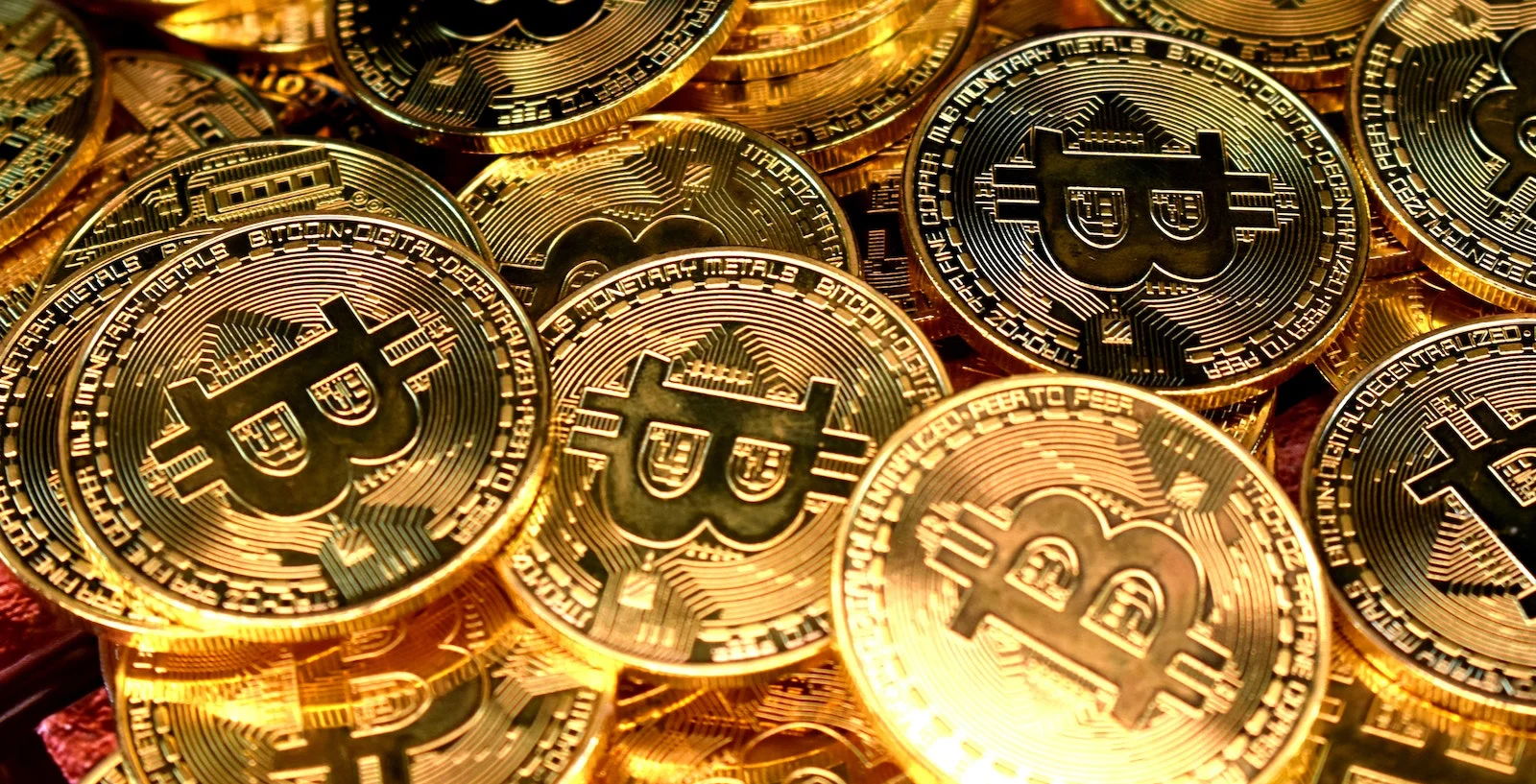Get a comprehensive understanding of who owns Bitcoin and how the blockchain works. Learn about the role of miners, nodes, and controversies around ownership.
Bitcoin, the world’s first and most popular cryptocurrency, is built on a revolutionary technology known as the blockchain. But who owns the Bitcoin blockchain, and how is it maintained? In this article, we’ll explore the ownership of the Bitcoin blockchain, including the concept of decentralization, the role of miners and nodes, controversies around ownership, and the implications of ownership for the future of Bitcoin.
Who owns Bitcoin?
One of the key features of Bitcoin is its decentralized nature, which means that no single entity or organization owns or controls the Bitcoin blockchain. Instead, the blockchain is maintained by a network of nodes, or computers, around the world.
Controversies Around Ownership of the Bitcoin Blockchain
Despite the decentralized nature of the Bitcoin blockchain, controversies around ownership and control have arisen over the years. One of the biggest controversies is the identity of Satoshi Nakamoto, the pseudonymous creator of Bitcoin. Although the true identity of Nakamoto is unknown, some have speculated that he or she may hold a significant amount of bitcoins and therefore have significant control over the Bitcoin network.
Another controversy concerns the role of government and regulatory bodies in controlling the Bitcoin network. Some governments have attempted to regulate or ban Bitcoin, arguing that it is a threat to financial stability or a tool for criminal activity. This has led to concerns that governments could attempt to control or manipulate the Bitcoin blockchain in the future.

Implications of Ownership of the Bitcoin Blockchain
The decentralized nature of the Bitcoin blockchain has important implications for the security and stability of the network. Because no single entity or organization owns or controls the Bitcoin blockchain, it is much more resistant to censorship, hacking, and other types of attacks. This makes it a highly secure and robust system for recording transactions and storing value.
However, the decentralized nature of the Bitcoin blockchain also means that there is no central authority to regulate or oversee the network. This has led to concerns about the potential for fraud, scams, and other types of illegal activity in the Bitcoin ecosystem.
In addition, the decentralized nature of the Bitcoin blockchain has important implications for the future development of Bitcoin and other cryptocurrencies. Because there is no single entity or organization that controls the Bitcoin blockchain, any changes or updates to the network must be agreed upon by the community of nodes and miners that maintain the network. This can make it difficult to make significant changes to the Bitcoin network, and it can also lead to disagreements and debates within the Bitcoin community.
Overview of the Bitcoin Blockchain
The Bitcoin blockchain is a decentralized, distributed ledger that records all transactions in the Bitcoin network. It is maintained by a network of nodes, or computers, around the world, and each node has a copy of the entire blockchain. This ensures that no single entity or organization can control the Bitcoin blockchain.
How the Blockchain Works
Every time a new transaction is made in the Bitcoin network, it is verified by a network of nodes using complex mathematical algorithms. Once the transaction is verified, it is added to a new block in the blockchain, along with all the other transactions that have been verified at the same time. Each block is linked to the previous block in the blockchain, forming a chain of blocks that records all transactions in the Bitcoin network.
Importance of the Blockchain in the Bitcoin Ecosystem
The blockchain is a critical component of the Bitcoin ecosystem, as it provides a secure and transparent way to record all transactions in the network. This transparency and security is made possible by the decentralized nature of the blockchain, which ensures that no single entity can manipulate the data in the network.
The Concept of Decentralization in the Bitcoin Ecosystem
Decentralization is a fundamental concept in the Bitcoin ecosystem, and it is what allows the Bitcoin blockchain to operate without a centralized authority. In a decentralized system, power and control are distributed among a network of nodes, rather than concentrated in the hands of a single entity or organization.
How the Bitcoin Blockchain is Maintained
The Bitcoin blockchain is maintained by a network of nodes that work together to verify and record transactions in the network. These nodes are run by individuals and organizations around the world, and anyone can become a node by downloading the necessary software and connecting to the network.
The Role of Miners and Nodes in the Bitcoin Network
Miners are nodes that are responsible for verifying and adding new blocks to the Bitcoin blockchain. They do this by solving complex mathematical algorithms that require significant computational power. In return for their work, miners are rewarded with newly created bitcoins.
Nodes, on the other hand, are responsible for validating transactions and maintaining the integrity of the Bitcoin blockchain. They do this by verifying the work of miners and ensuring that all transactions are recorded correctly in the blockchain.
Conclusion
In conclusion, the ownership of the Bitcoin blockchain is a complex and often controversial issue. While no single entity or organization owns or controls the Bitcoin blockchain, it is maintained by a decentralized network of nodes and miners around the world. This decentralized nature is what makes Bitcoin such a revolutionary technology, and it has important implications for the security and stability of the network.
However, it also means that there is no central authority to regulate or oversee the Bitcoin ecosystem, which can lead to concerns about fraud, scams, and other types of illegal activity. As the cryptocurrency industry continues to evolve, the decentralized nature of the Bitcoin blockchain is likely to remain a critical feature, and it will be important for investors and users to understand the implications of this decentralization.